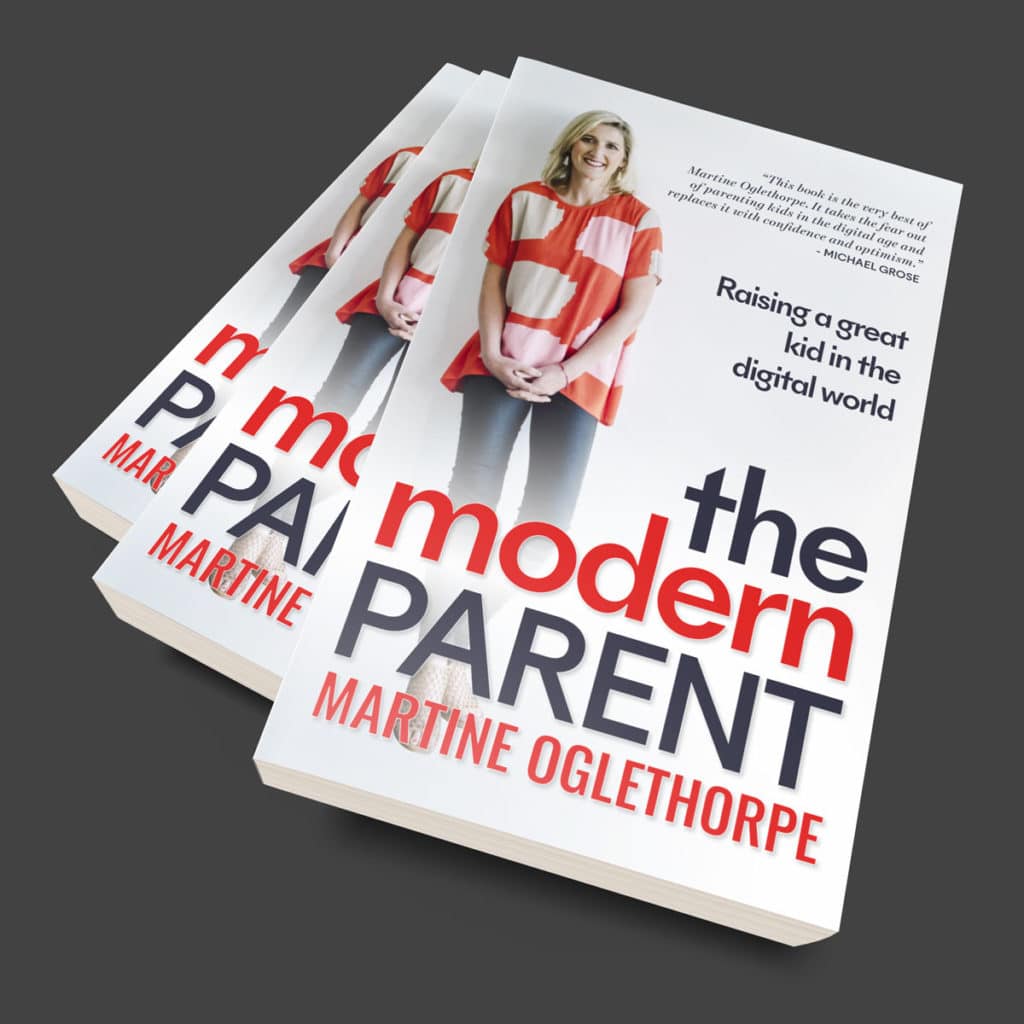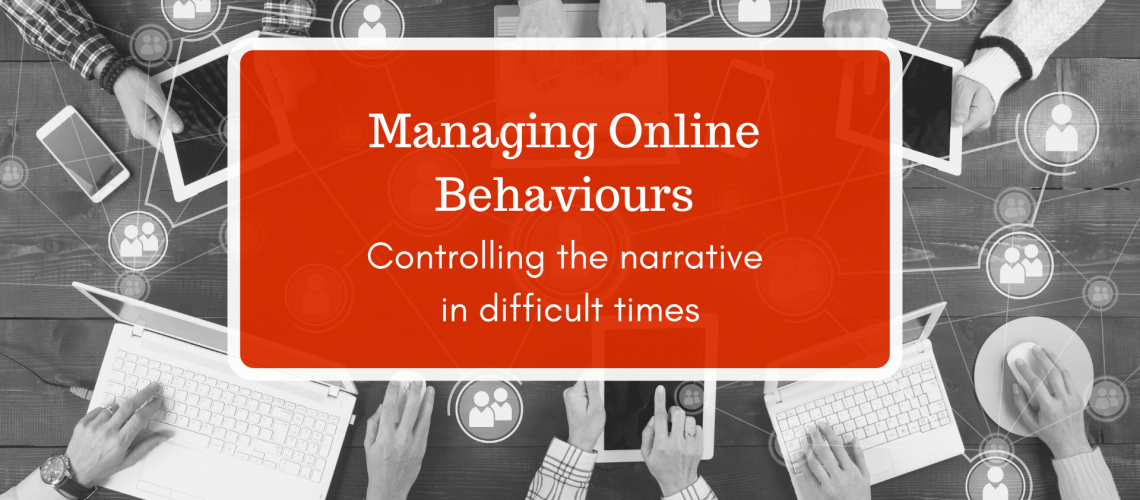These times of change, unrest, polarising opinions, differing experiences and general feelings of uncertainty and anxiety, have left many people turning to social media to vent, argue, seek solace and garner support.
There can be real positives in that. We can try and understand different viewpoints. We can witness the experiences of others to engage our sense of empathy. We can rustle up action and awareness. We can feel uplifted by the compassion and actions shown by others.
There can also be some real negatives in that. We can become abusive in our quest to be heard. We can share mistruths, the fake, the unjust and the unhelpful to try and remain relevant. We can expend enormous amounts of emotional energy on people that shouldn’t matter, arguments we are not going to win and on people who are never going to be prepared to listen.
So we need to take control of the experiences we have online. We will never control the actions of others. We cannot determine what people say, share, comment on or circulate. But we can control what we decide to say, share, comment on or circulate. And most importantly, we can control who we decide to engage with, what interactions are going to be relevant and worthwhile, what connections are going to be helpful for our wellbeing and where we decide to spend our precious time.
I have spoken in the past on some of the ways we can do this, but they are becoming increasingly relevant right now ….
Respond don’t react
Taking the time to decide on a best response, the possible outcomes of such a response and indeed whether or not to respond at all is a very worthwhile investment. When we react in the heat of the moment, we may oftentimes say things we later regret or may not have taken the time to really listen to another person.
Sleep on it
Closely related to responding not reacting, is the ability to walk away, take some deep breaths and better still, sleep on it. We often feel differently about things we have had the luxury of time to pass and for further processing to occur. This may see us shed different light on a situation. It may also render us no longer interested in responding at all and decide that ignoring this right now, will provide the best outcome.
Don’t play on the semantics
There are issues that are discussed online that are large and complex and nuanced and often difficult to sum up in a Facebook update, a 60 second Tik Tok video or a 140 character tweet. If someone is talking about oranges, they don’t have to mention everything there is to know about oranges. They don’t have to investigate every possibility for an orange and they certainly don’t have to talk about lemons. So look at a persons statement and take it for what it is. the world doesn’t need more people constantly looking for loopholes, going off on tangents and using other peoples platforms as their own soapbox.
Learn to shrug
We can remain alert to those times, those people and those conversations that are just not worth investing our time or emotional or cognitive energy into. Because we must remember that the online world becomes a melting pot of vastly different people, opinions, backgrounds, beliefs, values and motivations. As such, it may well be in our best interests to just take a deep breath, lift the shoulders, drop the shoulders, breath out, give a good shrug and move on. Acceptance can be hard sometimes, but the shrug of the shoulders can allow us to move forward without taking any more onboard.
Be the upstander
There will always be times however, when we need to call out bad behaviour. There will be times when we need to look out for a mate. Or times when we have the right to assert our opinion without being unfairly judged, belittled, harassed and bullied. In those cases we can and must tell people to stop their behaviours, without fear of reprisal or further abuse.
Remember the block, delete and report buttons
With this very global and connected world, also comes with it some people who have the very intention of embarrassing, hurting, scamming, abusing or threatening us. These people are to be swiftly blocked, deleted or reported. Almost every game and social media has the ability to remove someone from your feed, to prevent them from following you or making unwanted contact. When blocking or deleting them from your feed does not appear to be working or when the behaviour is of a particularly threatening nature, then we must make use of the report button. If you are in Australia, report the person to the platform you are using (ie TikTok, Instgram, Fortnite). If you get no response within 48 hours, then you can head to the Office of the eSafety Commission at esafety.gov.au and report there, where they have the ability to override those individual platforms.
We must continue to remain in control of the experiences we have online and be alert to those that are not going to serve us well or those that will be detrimental to our wellbeing. This will allow us to get on with investing in the people, places and experiences that allow us to connect and learn in ways that are positive and will add something of value and benefit to our lives.
For more ways to help ourselves and our kids remain in control of their online behaviours, you can grab a copy of my book The Modern Parent: Raising a Great Kid in the Digital World”. Available as a hard copy paperback or as a PDF.


